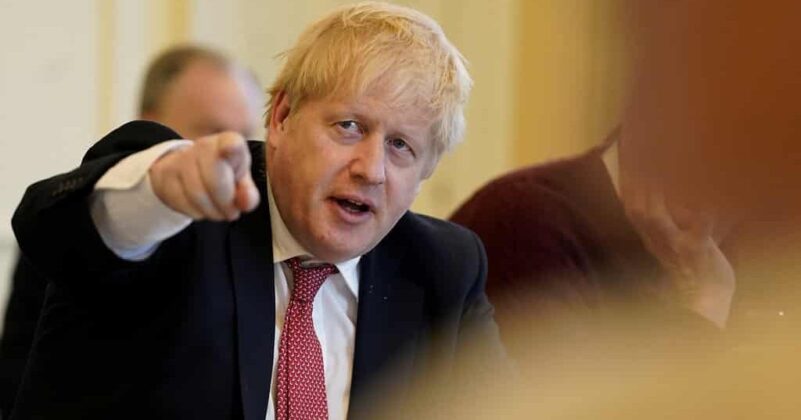

With a razor-thin majority in the Batley and Spen by-election, Starmer has gained a reprieve from the swirling threats of a leadership challenge. Angela Rayner is said to have the backing of TSSA, Aslef and the CWU. Andy Burnham has made no secret of his intention to challenge for the leadership. Meanwhile the rump Socialist Campaign Group, which nominally has 34 members, has decided it cannot muster the 40 votes needed to challenge a sitting leader.
Although the first blow is yet to be struck, the knives are still being sharpened for Starmer. Having dumped the ‘ten pledges’ he was elected on and having failed to outline any coherent programme of opposition or how to rebuild the party, and now with a lower approval rating than even the horribly slandered Jeremy Corbyn, it is clear that Starmer has lost any base of support he once had.
After a pandemic in which profit, cronyism, social inequality and inadequate public services saw tens of thousands of needless deaths, and the doubling and tripling of the fortunes of the super-rich, a Labour party which does not attack the system which exploits and kills the workers who create its profits, is not a party worthy of the name.
But so far, Starmer has proved more interested in persuading the billionaire media barons and the bosses that he is a safe pair of hands who can be trusted to manage the British state more competently than Boris Johnson’s cabinet of erratic Brexit extremists. The problem is that the Capitalist class already have a far more appropriate and popular representative in Boris Johnson and the Tories and most would never support a Labour government regardless of the policy direction of the leader.
The Labour party’s reason to exist has always been that it is rooted in the organised working class – the trade unions. It represents the political wing of the reformist struggle for better pay and conditions against Capital. By attempting to distance the party from its history of class-based struggle, Keir Starmer risks turning the party into an irrelevance. Simply being “not Jeremy Corbyn” is not enough. If it is to be a relevant force in British politics, Labour needs to start representing the working class, on which it relies.
The labour movement, both its trade union and political wings, should be preparing for a coming offensive from the Tories and the bosses after the reopening after COVID. We can expect Sunak and Johnson to be slashing the emergency welfare provisions and employers to start laying off their workers. We have already seen the latter with “fire and rehire”.
The Police, Crime and Sentencing Bill has now been passed by the House of Commons, and once it becomes law it will arm the state to repress the inevitable protest on a whole range of issues. Young people who mobilised in the Black Lives Matter, Extinction Rebellion, Kill the Bill and Palestinian Solidarity movements need to resist the implementation of this bill and unite to defend our right to protest, strike and take other forms of direct action.
These attacks all pose the need for a united front of resistance. But in the Labour Party and the big unions, the leading bureaucracies are preparing for retreat rather than resistance. Labour is still witch hunting its members, and the few Left MPs, demoralised by the defeat of Corbynism, are keeping their heads down. Things will get even worse if Unite, Britain’s biggest trade union, falls to the hard right in the person of Gerard Coyne.
But if our “leaders” won’t lead, then grassroots activists need to take initiative and organise, without the leaders if necessary. We need to create cross-union and community based coordinating bodies to organise the defence. In the forefront we must place demand for the health workers who have given so much in the war against COVID to receive a 15% pay rise and for a massive NHS training and recruitment programme. The Fire and Rehire scam must likewise be stopped by industrial action.
The whole trade union movement needs to be revived with a mass organising drive, drawing in young poorly paid workers with badly-paid insecure employment. Workplace organisation needs to be beefed up with militant shop stewards and rank and file organising for industrial action. We need to educate and organise the working class in preparation for the struggles ahead.
Even though the workers’ movement is currently in a defensive position, by linking together multiple fronts of struggle this can be converted into an offensive. We can win people to an emergency programme to “bail out” people in need, not the billionaires. To achieve all these aims however, it will also be necessary to win the developing movement to the goal of destroying the capitalist system entirely.